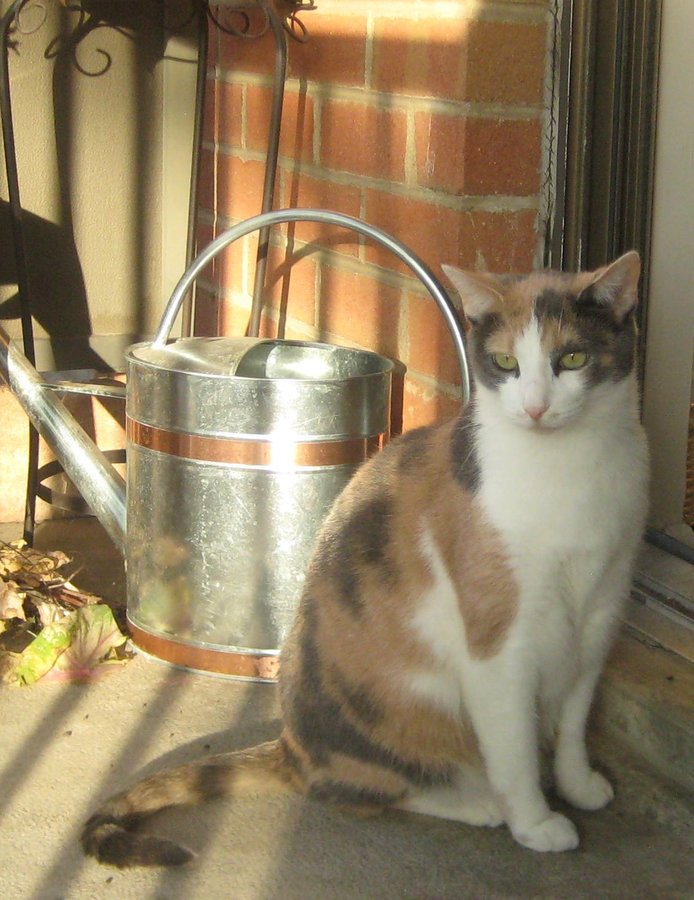Hi everyone,
I am new to the forum. My cat Chloe is five years old, and was diagnosed with IBD in February after emergency surgery to do a biopsy after she'd been vomiting excessively with no clear cause. She's been doing exceptionally well, but I wanted to see if anyone else knew of the long-term effects of a daily dose of Prednisone and Metronidazole. I am fortunate that she's very good about taking her medications. I basically wanted to see what others have experienced, and get a sense of what might be down the road. She's such a sweetheart, and I want to do all I can to keep her healthy. Thanks! Cara
And here she is! =)
I am new to the forum. My cat Chloe is five years old, and was diagnosed with IBD in February after emergency surgery to do a biopsy after she'd been vomiting excessively with no clear cause. She's been doing exceptionally well, but I wanted to see if anyone else knew of the long-term effects of a daily dose of Prednisone and Metronidazole. I am fortunate that she's very good about taking her medications. I basically wanted to see what others have experienced, and get a sense of what might be down the road. She's such a sweetheart, and I want to do all I can to keep her healthy. Thanks! Cara
And here she is! =)





